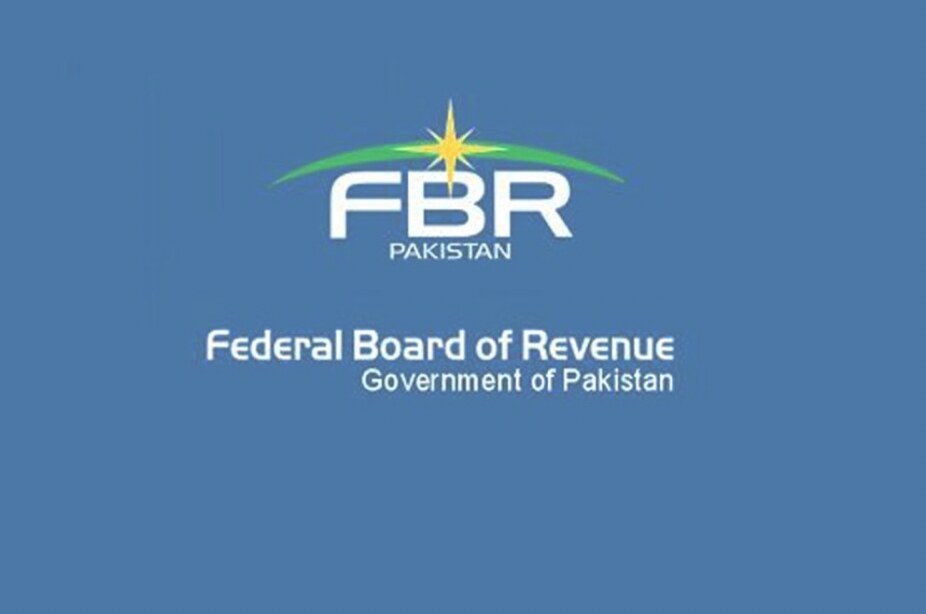
support@ledgermax.pk

+92 21 34559515-6
.jpg)
A fixed asset register is an important means for any business to keep track of the accurate worth of their assets. A fixed asset can be anything from machineries, equipment, infrastructure to furniture and land etc. Recording the assets as well as their value is beneficial for a number of reasons counting theft prevention and genuine declaration of business assets given that an erroneous assets declaration could result in a negative impact on the business decisions. Thus, a fixed asset register holds a significant value for any business.In the world of accounting, a fixed asset is used by a business to make income, manage expenses, raise business capital and attract clienteles while a fixed asset register is a means to record the assets owned by the business plus summarizing the accounting as well as depreciation costs.
It includes:
Asset details
Asset location
Asset's price at the time of purchase
Asset's life in the business
Asset's depreciated worth after a given time
Asset's expected worth after it is unusable
Generally there are two ways to maintain a fixed asset register; accounting software or spreadsheet. The formatting is done as per the requirements and size of the business. The best way to maintain a fixed asset register is that you should update it as soon as you buy a new asset or dispose an old one. This will help you become organized and stay calm at the time of financial year ending.
The main advantage of recording your assets is that it helps you monitor the actual worth of your assets along with the devaluation taken place over a time period. Maintaining fixed asset registers also allow you to identify the items easily owned by the business by allocating a unique identification code or number to each item.Some other advantages of maintaining fixed asset registers include: To help in following statutory regulations To inhibit theft of any asset To identify and track the assets To estimate the depreciation every year To help in carrying out verification and audit of assets To monitor the net and gross value of asset To aid in calculating the maintenance and repair expenses. To monitor the net and gross value of asset To contribute in approximating the prospective investments in fixed assets
LEDGERMAX BLOG


